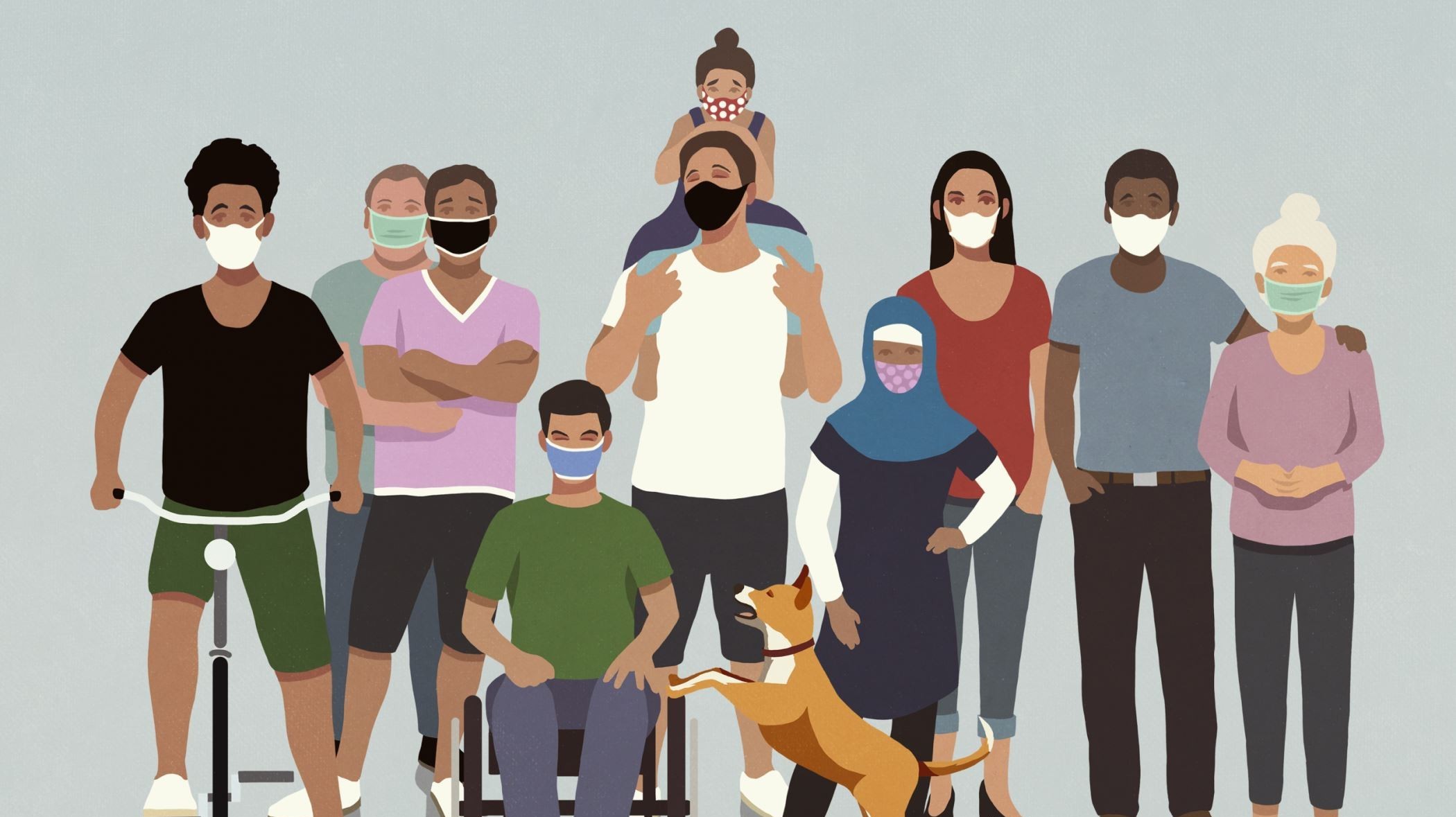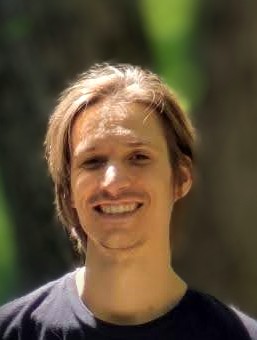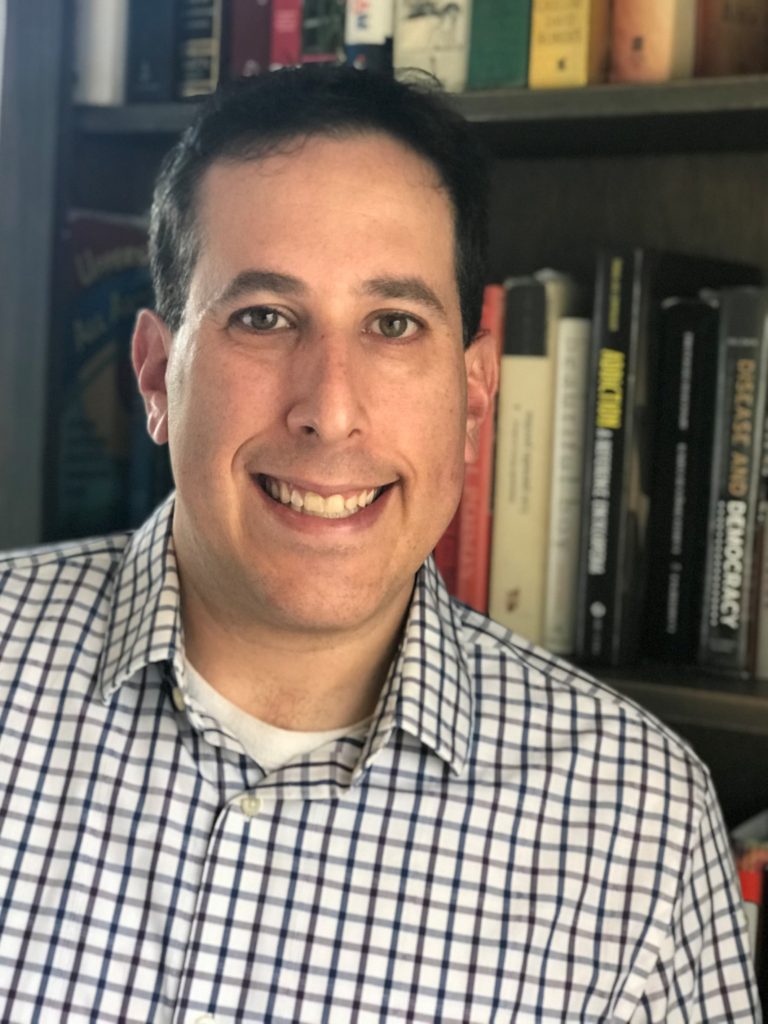Breaking the Cycle: A Public Health Approach to Hate Prevention in Corrections
Abstract
This project aims to conduct a feasibility study to identify the barriers and facilitators of implementing hate prevention interventions in correctional settings in California. The focus is on understanding how interventions and/or screening tools can be adapted to reach individuals at-risk of perpetrating hate acts. The findings will provide insights into the institutional, resource-related, and security challenges — as well as support from staff, existing infrastructure, and community partnerships that facilitate program implementation. The ultimate goal is to develop practical recommendations for adapting and deploying effective hate prevention programs within the correctional system, thereby reducing hate-related violence and promoting rehabilitation.
Field
Department of Psychiatry and Behavioral Sciences, Integrated Substance use and Addiction Programs (ISAP)
Team
Lincoln Bohn, Dr. Howard Padwa, Madelyn Cooper
Lincoln Bohn, MA
Lincoln Bohn, M.A., serves as a Research Associate in the Department of Psychiatry at the University of California, Los Angeles (UCLA). His recent engagements include collaborating with the Housing Research Group at California State University, Chico, focusing on studies related to individuals experiencing homelessness. Since joining UCLA’s Integrated Substance Use and Addiction Programs, Lincoln has been involved with a diverse array of subject matter ranging from criminal justice to substance use prevention.
Dr. Howard Padwa
Howard Padwa is a health services researcher at UCLA’s Integrated Substance Abuse Programs, and his research focuses on devising ways to improve mental health, substance use disorder, and housing services for low-income Californians. Dr. Padwa is also a historian, interested in the way that culture and politics shape public responses to medical and social problems.



